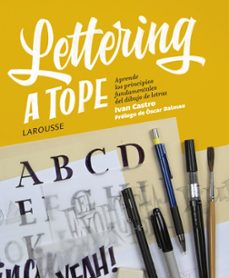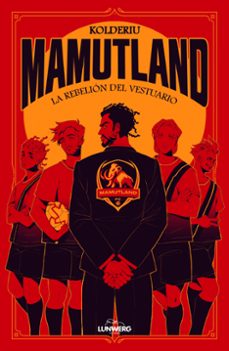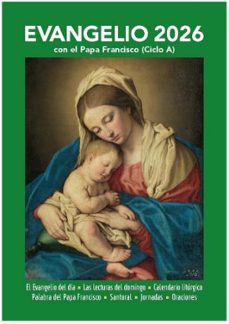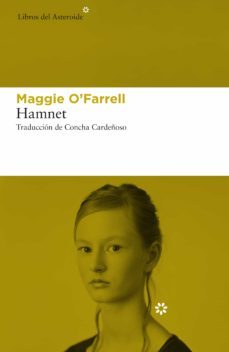WALDEN AND OTHER WRITINGS
VINTAGE INTERNATIONAL. RANDOM HOUSE- 9780679783343
Sinopsis de WALDEN AND OTHER WRITINGS
Gr 9 Up-Henry David Thoreau's classic, first published in 1854 and reporting on his experiences at the eponymous site where he lived in physical and social independence during the mid-1840's, receives refreshing treatment here. William Hope reads leisurely but with feeling, offering listeners the illusion that the author is speaking directly to them. The abridgements are not substantive, so listeners will feel that they have become acquainted with the complexities of a text that is both orderly and sprinkled with irony and other literary devices. The chapters are tastefully set off by musical interludes that complement Thoreau's own rhythms. Not only is this an excellent alternative for students assigned to read the text that is often offered in tiny print without benefit of margins, but it is also possible to suggest this to thoughtful teens who are seeking an intellectually engaging listening experience for their personal enjoyment. Hope's pacing invites readers with minimal skills to accompany their print foray with his narration. The careful editing here assures that they will not become lost between page and sound.-Francisca Goldsmith, Berkeley Public Library, CA Copyright 2001 Cahners Business Information.
Ficha técnica
Editorial: Vintage International. Random House
ISBN: 9780679783343
Número de páginas: 802
Encuadernación: Tapa blanda
Fecha de lanzamiento: 31/01/2001
Año de edición: 2000
Plaza de edición: Ee.uu
Especificaciones del producto
Escrito por Henry David Thoreau
HENRY DAVID THOREAU (Massachusetts, 1817-1862). Fue agrimensor, naturalista, conferenciante y fabricante de lápices, además de ensayista y uno de los padres fundadores de la literatura norteamericana. Disidente nato, tan completamente convencido de la bondad de la naturaleza como para proclamar un «pensamiento salvaje», se le considera también un pionero de la ecología y de la ética ambientalista. Sin embargo, su auténtico empleo fue, según él mismo se ocupó de recordar, «inspector de ventiscas y diluvios». Su primer libro, «Musketaquid», nace de un intenso viaje por los ríos Concord y Merrimack junto a su hermano John. Pero Thoreau quiso experimentar la vida en la naturaleza de forma plena y para ello, el 4 de julio de 1845, Día de la Independencia, se fue a vivir durante dos años a una cabaña en los bosques, donde redactó su obra más conocida, «Walden». Años antes se había negado a pagar impuestos debido a su oposición a la guerra contra México y a la esclavitud en Estados Unidos, por lo que fue encarcelado. De este hecho nace su ensayo «La desobediencia civil», pionero en sus propuestas relativas a la insurrección frente al Estado. De este mismo autor Errata naturae ha publicado también «Cartas a un buscador de sí mismo», «Un paseo invernal», «Desobediencia. Antología de ensayos políticos», «Todo lo bueno es libre y salvaje» y «El gran invierno».
Descubre más sobre Henry David Thoreau Recibe novedades de Henry David Thoreau directamente en tu email
Opiniones sobre WALDEN AND OTHER WRITINGS
¡Sólo por opinar entras en el sorteo mensual de tres tarjetas regalo valoradas en 20€*!






































